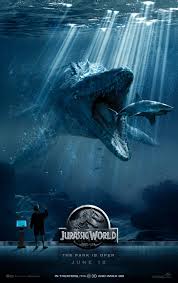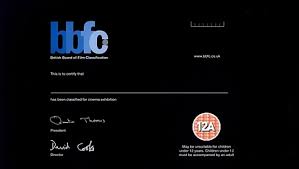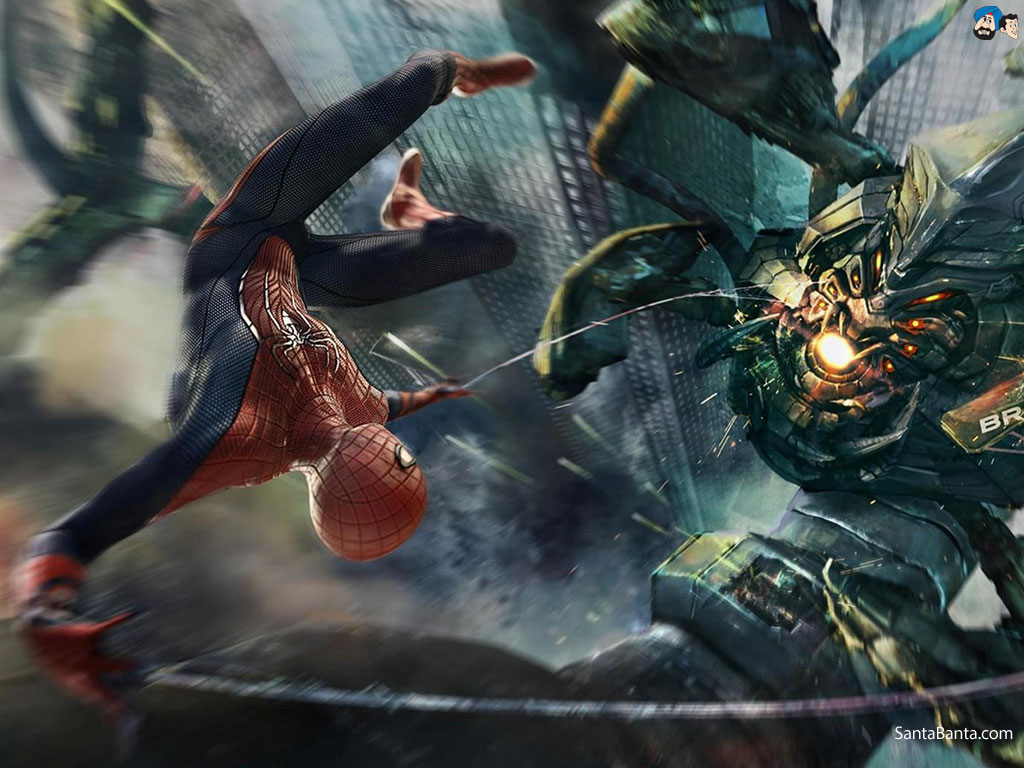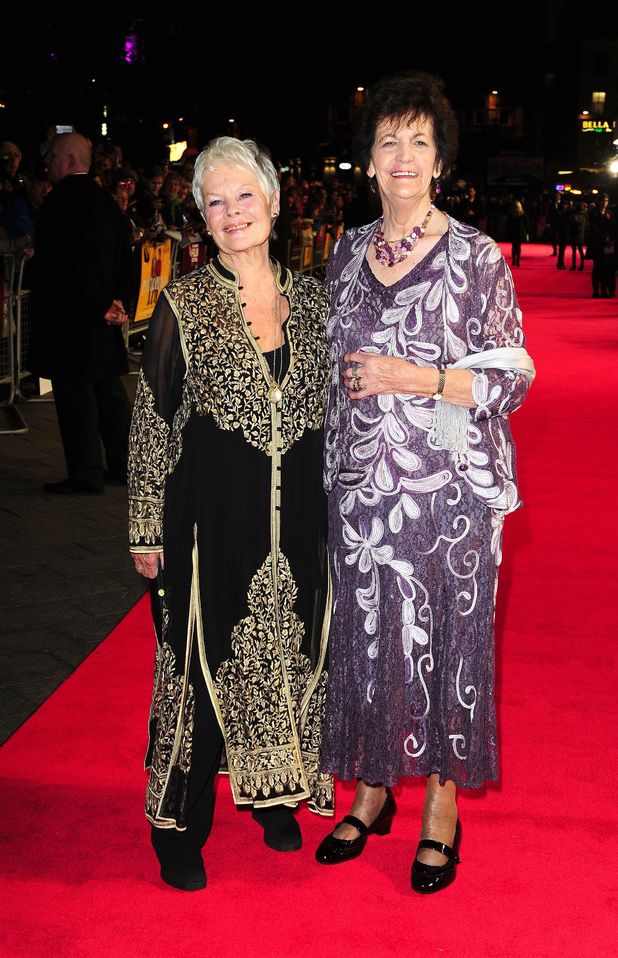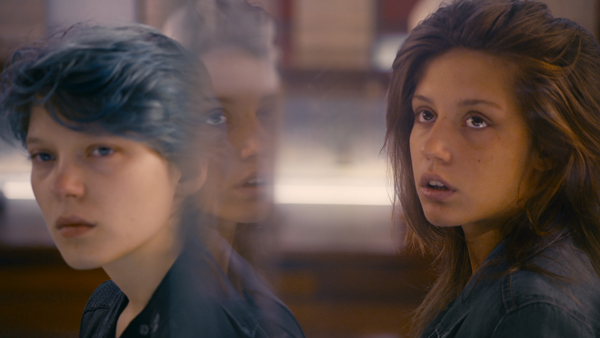Jurassic World – email to BBFC 26th June 2015
Email to British Board of Film Censors – 26th June 2015
JURASSIC WORLD – Colin Trevorrow
I have just watched a performance of this film in a crowded cinema at Cineworld Stevenage.
I see around 3/4 movies a week and have written over 400 reviews at my blog www.zettelfilmreviews.co.uk and posted to the writers’ website – www.writewords.org.uk.
I have a generally liberal attitude towards classification and absolutely no instinct for strengthening censorship.
However I was deeply disturbed to watch this very graphic, frightening film with a significant number of very young children present: at least one of whom was so small (and perhaps frightened) that he/she watched the whole film in its mother’s arms.
There were a very substantial number of very young children, albeit accompanied by adults, so small it is hard to believe they were not less than 10 years–old. At least one was so tiny I would assess her age at around 7-8. (I am the father of 2 with a grandchild so I have some sense of age).
I know the 12A classification gives the cinema no authority to refuse admission at any age as long as accompanied by an adult. I applaud the liberal sentiment behind this principle and as a parent accept that my wife and I should be the final arbiters of what our children are allowed to see. Ours are now grown up but we have had moments of soul-searching over the years especially with highly publicized films pitched at a broad market to include children, often generating a very significant ‘peer pressure’ effect.
As JW is rapidly becoming one of the fastest and largest-grossing pictures of all time, this hyped and highly publicized sequel to a 20 year-old classic, generates all kinds of pressure on parents and children alike of the kind mentioned above.
As an adult I found the film exciting, tense, thrilling and at times very effectively scary and frightening – indeed at times terrifying. As an adult I did not find it unduly excessive in any particular respect. However my experience of the film was deeply disturbing, taking place within an audience including such a large number of very young people – some alarmingly young. My adult experience of watching the film was seriously spoilt by my realization of the, in my view entirely inappropriate youthfulness of so many of the audience.
The terms of the excessively loosely defined ’12A’ certificate offers the cinema absolutely no authority to refuse admission to a child of any age, however young, as long as they are accompanied by an adult.
I would ask you to seriously consider the following complaints/observations.
1. THREAT
The only reliable (commercially untainted) protection offered parents from taking children to such an entirely inappropriate film, are the guidelines from your BBFCinsight. In my view you have let parents down badly and culpably, with your reasoning and classification of this film.
Your reasoning seriously glosses and understates the level, graphic-ness and dramatic threat the film delivers. You describe the many violently graphic sequences in this film as follows:
“Several sequences of moderate threat include humans being chased by dinosaurs, or hiding when aggressive dinosaurs are nearby. Some children are shown being scared and upset, but they reassure each other and are not harmed.”
This is so culpably bland and understated it is virtually fatuous. It totally fails to give a parent seeking advice any serious indication of the genuinely terrifying nature of many sequences: some of which would compare in dramatic shock and terror terms with scenes eg from Jaws!
2. INJURY DETAIL – you say
“Occasional bloody moments feature, without any strong detail or clear focus on injuries.”
The Pterodactyl sequence alone makes these remarks shamefully complacent. Human beings, including at least 1 child, are grasped in talons and lifted into the sky. In a terrifying extended sequence, very reminiscent of the very first shark attack in Jaws, the Park PA assigned to look after the 2 children is first clutched in talons and lifted to a great height; then as one Pterodactyl drops her, another ‘playfully’ catches her in mid-air – like cats ‘playing’ with a mouse. Eventually she is dropped into the water, recaptured by the Pterodactyl which then flies with her, by now clearly knowing her horrible death is imminent, up straight towards the camera when the massive sea-dinosaur earlier presaged in a shocking anticipatory gobble of a large fish leaps from the depths. Pterodactyl and female PA are then literally gobbled up by the massively-lethally-toothed creature.
Of course there’s no blood! This unfortunate woman is simply swallowed whole. This is a fearsomely graphic sequence, indelibly projected into the mind and we cannot help but share the utter terror throughout the whole sequence of the victim’s total awareness of the horrific death she is about to suffer, indeed is suffering. This makes your assessors’ comments shamefully inadequate. Precisely what works for adults, to terrify them, may very well be questionable for children.
3. As an aside: both in the incident above and elsewhere throughout the film all, the many human ‘canapes’ ripped and wrenched to death before being swallowed whole; are all ‘unlikeable’, ‘alien’ or anonymous characters – they’re fat, unpleasant or non-caucasian. Are we, are the children present, really supposed to be indifferent to these disposable human beings’ fates just because they aren’t likable or ‘like’ us?
4. I am deeply suspicious of your facile classification of this film which at the very least should be a 12 not a 12A. But then, even a 12 certificate would seriously reduce the box office wouldn’t it? A 15 certification would probably as much as halve the box office. In my view the makers of JW have with great precision and care, intentionally structured this profoundly manipulative product to slip it under your demonstrably weak surveillance, into a 12A certificate – precisely to maximize its box office. The rather feeble attempts at creating a ‘jokey’ tone at various points may pander to your criteria but they are utterly, grotesquely out of synch with the horrific reality of the tone and action of the rest of what is being portrayed.
This film strikes me as a cynically pitched and carefully crafted product, subtly structured to maximize profits through the box-office gold of a 12A certificate.
I have for over 50 years, been a cinema-goer, movie-lover and devotee of film as the popular art form of at least the last century. I have occasionally differed from your view of classification but have always been able to see and to some extent accept the rationale for your certification decision. I have never been moved to write or protest before: but this one frankly stinks. You should, as an organization, watch it again, properly, and if you can’t now change the classification, then publicize your serious concern at the number of very young children who appear to be seeing it thanks to the ignorance or ill-informed foolishness of their parents.
The 12A ‘fudge’ is in my view actively permitting potential real harm short and perhaps even long-term, to impressionable young minds thanks to the ignorance or plain daft indulgence of parents who ought to know better. If, even subliminally, your classification has taken the easy, non-confrontational route because of actual or applied commercial, political pressure from an exceptionally well-organized Hollywood pressure group – then shame on you even more. The public in general and parents in particular, need your integrity and objectivity to properly manage the queasily dubious 12A classification.
I would argue that any, sensible, liberal and open-minded adult watching Jurassic World (and I watched it in 2D – God help us if young children were in 3D and I-Max 3D showings) could not, in all conscience, want almost any under 12 to watch it; and to be literally horrified at the thought that the transparently weak 12A classification permits a child of any age to see it: they just need an adult who has taken leave of their moral, parental senses to go with them.
Filed under: Uncategorized | No Comments »
